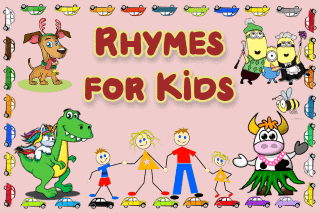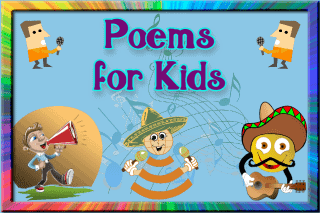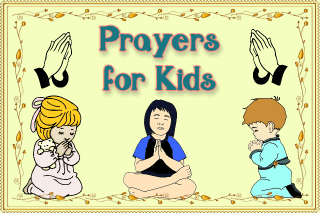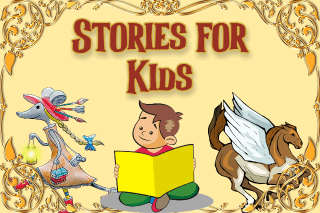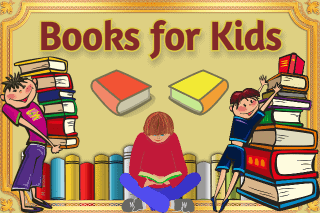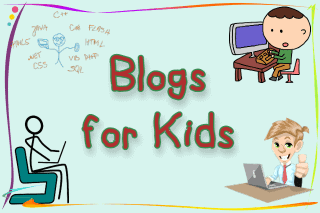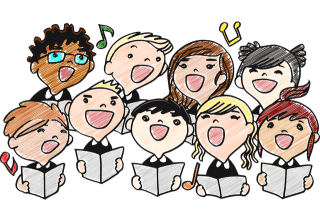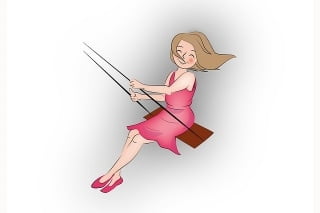Home >>
Poems for kids
Here is a collection of poems for kids that spark imagination and inspire creativity. Poems are essential in early childhood education, as they develop language, literacy, and cognitive skills. Through vivid imagery and playful language, poems provide an enjoyable learning experience that engages a child’s senses.
we understand that children’s poetry has the power to transform young minds, ignite their creativity, and inspire them to explore the world around them. Poems for kids are an excellent tool for early childhood education because they are enjoyable, easy to remember, and provide an immersive learning experience that engages children’s senses.
One of the most significant benefits of poems for kids is its role in developing language and literacy skills. Poetry uses playful language, vivid imagery, and rhythmic patterns that make it easy for children to remember and understand. By reading and reciting poems, children are exposed to new vocabulary, grammatical structures, and literary devices that help them develop their language skills.
Furthermore, poetry has the power to encourage a love of reading and literature in children. Children who are exposed to poetry at an early age are more likely to become lifelong readers and learners. Poems introduce children to different genres, styles, and voices, and can help them discover the joy and beauty of language.
Poetry also plays a significant role in cognitive development. Reading and reciting poems can help children develop their memory, attention span, and critical thinking skills. By analyzing and interpreting the meaning behind poems, children learn to think creatively, critically, and empathetically.
In addition to its cognitive and academic benefits, poetry can also have a profound impact on children’s emotional development. Poetry can help children develop their emotional intelligence by addressing themes such as friendship, love, loss, and self-discovery. Poems can also help children express their emotions and cope with difficult situations.
Poetry is an excellent tool for promoting cultural awareness and diversity. Poems can expose children to different cultures, traditions, and perspectives, and can help them develop empathy, respect, and understanding for people from all walks of life.
Frequently asked questions (FAQ's) based on 'Poems for Kids'
Answer : Poetry helps children develop language skills because it uses playful language, vivid imagery, and rhythmic patterns that make it easy for children to remember and understand. By reading and reciting poems, children are exposed to new vocabulary, grammatical structures, and literary devices that help them develop their language skills.
Answer : Yes, reading and reciting poetry can improve children’s communication skills. Poetry uses rhythm, rhyme, and imagery to convey meaning, and can help children develop their listening, speaking, and presentation skills. By reading and reciting poems, children learn to articulate their thoughts and ideas effectively.
Answer : Poetry can have a profound impact on children’s emotional development. By addressing themes such as friendship, love, loss, and self-discovery, poetry can help children develop their emotional intelligence. Poems can also help children express their emotions and cope with difficult situations.
Answer : Reading and reciting poems can help children develop their memory, attention span, and critical thinking skills. By analyzing and interpreting the meaning behind poems, children learn to think creatively, critically, and empathetically, which are all essential skills for cognitive development.
Answer : Yes, poetry is an excellent tool for promoting cultural awareness and diversity in children. Poems can expose children to different cultures, traditions, and perspectives, and can help them develop empathy, respect, and understanding for people from all walks of life.
Answer : Poetry can be used to teach other subjects by incorporating scientific or historical themes into poems. For example, a poem about a butterfly’s life cycle could be used to teach children about metamorphosis in science, while a poem about a historical figure could be used to teach children about history and social studies. Additionally, educators can use poetry to teach critical thinking and analysis skills by asking children to interpret the meaning behind poems.
Answer : Yes, poetry can help children develop empathy. Poems can address themes such as love, friendship, loss, and self-discovery, and can help children understand and relate to different emotional experiences. By reading and discussing poems with children, educators can encourage them to develop empathy and understanding for others.
Answer : Yes, poetry can help improve children’s self-esteem and confidence. By encouraging children to express themselves through poetry, educators can help them develop their sense of self-worth and identity. Additionally, by sharing their poems with others, children can receive positive feedback and validation, which can boost their confidence and self-esteem.
Answer : Poetry can help children develop their creativity by encouraging them to think outside the box and use language in new and inventive ways. By writing their own poems, children can experiment with different literary devices, such as metaphor, simile, and personification, and develop their own unique style and voice.
Answer : Educators can encourage children to write their own poems by providing them with prompts or themes, and by giving them feedback and encouragement. Additionally, educators can organize poetry workshops or clubs to provide children with a space to share and discuss their work with their peers.
Answer : Parents can support their children’s interest in poetry by reading and reciting poems with them, encouraging them to write their own poems, and providing them with poetry collections or resources. Additionally, parents can attend poetry readings or events with their children to help them develop their interest and appreciation for poetry.
'बाल कविताओं' पर आधारित अक्सर पूछे जाने वाले प्रश्न
उत्तर : कविता बच्चों को भाषा कौशल विकसित करने में मदद करती है क्योंकि यह चंचल भाषा, विशद कल्पना और लयबद्ध पैटर्न का उपयोग करती है जिससे बच्चों को याद रखना और समझना आसान हो जाता है। कविताओं को पढ़ने और पढ़ने से, बच्चों को नई शब्दावली, व्याकरणिक संरचनाओं और साहित्यिक उपकरणों से अवगत कराया जाता है जो उन्हें अपनी भाषा कौशल विकसित करने में मदद करते हैं।
उत्तर : हां, कविता पढ़ने और पढ़ने से बच्चों के कम्युनिकेशन स्किल में सुधार हो सकता है। कविता अर्थ संप्रेषित करने के लिए लय, तुकबंदी और कल्पना का उपयोग करती है, और बच्चों को उनके सुनने, बोलने और प्रस्तुति कौशल विकसित करने में मदद कर सकती है। कविताएँ पढ़ने और सुनाने से बच्चे अपने विचारों और विचारों को प्रभावी ढंग से व्यक्त करना सीखते हैं।
उत्तर : हां, कविता बच्चों के आत्म-सम्मान और आत्मविश्वास को बेहतर बनाने में मदद कर सकती है। बच्चों को कविता के माध्यम से खुद को अभिव्यक्त करने के लिए प्रोत्साहित करके, शिक्षक उन्हें आत्म-मूल्य और पहचान की भावना विकसित करने में मदद कर सकते हैं। इसके अतिरिक्त, अपनी कविताओं को दूसरों के साथ साझा करके, बच्चे सकारात्मक प्रतिक्रिया और मान्यता प्राप्त कर सकते हैं, जो उनके आत्मविश्वास और आत्म-सम्मान को बढ़ा सकता है।
उत्तर : शिक्षक बच्चों को संकेत या विषय देकर और उन्हें प्रतिक्रिया और प्रोत्साहन देकर उन्हें अपनी कविताएँ लिखने के लिए प्रोत्साहित कर सकते हैं। इसके अतिरिक्त, शिक्षक अपने साथियों के साथ अपने काम को साझा करने और चर्चा करने के लिए बच्चों को स्थान प्रदान करने के लिए कविता कार्यशालाओं या क्लबों का आयोजन कर सकते हैं।
Related links
Other popular poems
Other related keywords and search's
- best poets of the 21st century
- short poems for grade 5
- short poetry poems for kids
- short easy poems for recitation
- famous poems for grade 4 students
- monsoon poem for class 1
- short poems for nursery kids
- short poems for kids and parents
- poems with questions and answers
- poems printable pdf
- 10 line poems
- 5 line poems
- 8 line ki poem
- best short poems
- children's day poem lyrics
- best childrens poems
- easy poems for kids
- poems for kg class
- famous poems about parents
- kindergarten poems for kids
- little poems for kids
- poem for kindergarten with details
- poems about students
- poems for 5 year olds
- easy poems for 5th graders
- poems for preschoolers
- poetry for preschoolers
- best poetry for kids
- preschool poems for kids
- rhyming short poem for parents
- short english poems for recitation
- short poems in english for class 1
- tell me some poems
- some poems for kids
- poems for kids to memorize
- poems for kids that rhyme
- famous poems for kids


